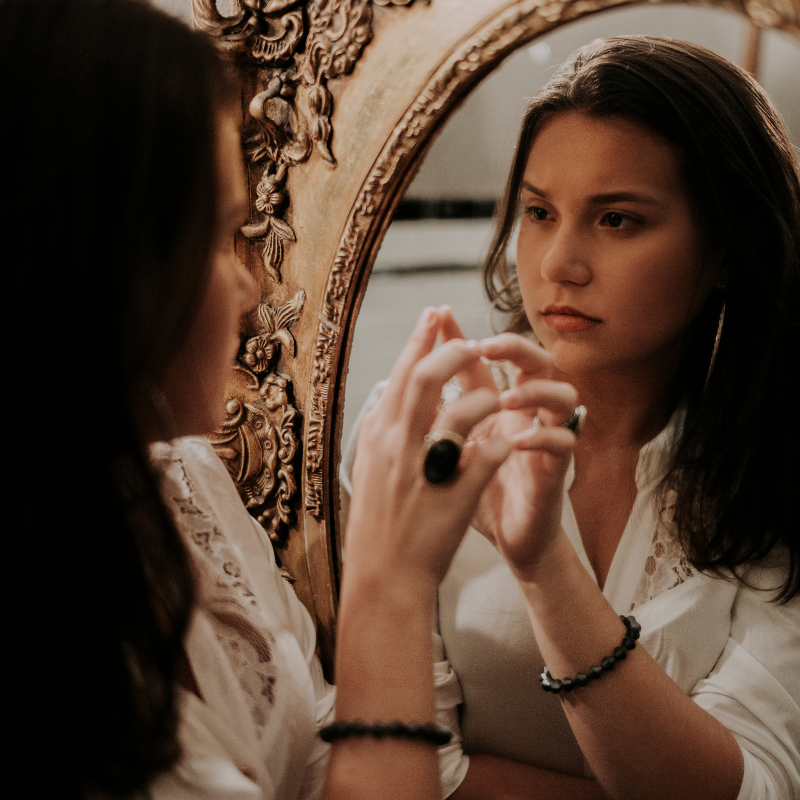The loneliness many of us experience has nothing to do with the presence or absence of other people. The loneliness I’m speaking of is a symptom of not feeling at home in ourselves. Our remedy for that is to be with other people. The only reason that seems to work is because when we’re with other people, we lose ourselves in our co-joined presence. When that happens, we don’t feel lonely because we experience being something bigger than ourselves.

Any time you experience yourself as part of something bigger, your focus goes to that bigger “something.” It doesn’t stay on you. In other words, you’ve been delivered from that lonely state of thinking about yourself.
Isn’t it strange that thinking about ourselves can only make us lonely? It suggests that thinking about ourselves isn’t the condition where we’re at our best. As a matter of fact, thinking about ourselves isn’t a natural state for humans, though it’s become a normal state for lots of us.
When we don’t feel at home in ourselves, it can be easy to turn the focus toward what we feel is the problem. Then we spend time and thought attempting to figure out what might be wrong with us, assuming we’ll reach some sort of conclusion that might help us feel better.
Why doesn’t it ever appear?
Here’s why that just intensifies the uncomfortable feeling. We’re not really looking inward at what’s true about us, we’re looking through a filter of ideas we have about ourselves, most of which either aren’t true, or have no connection to our essential selves. We’re trying to get something that feels like an objective view, but we’re using an extreme close-up lens to do it. That lens can never give us the vantage point, or the feeling, we’re searching for.
Many years ago I was living with my two brothers in a big old house in Berkeley. We were very young, and didn’t have much in the way of furniture, so we had to be inventive. Somewhere, one of us found an enormous chemical flask. The lower part was globe-shaped. The top was beaker-shaped. It probably held three or four liters. We had it on top of our “dining room table” (actually an enormous cable spool). We filled it with water, and had tall, plumed, Pampas grass in it as a table decoration.
One day, as I walked in the room, I noticed a bright spot of concentrated sunlight on the newspaper that had been left on the table’s surface. When I saw smoke rising from the newspaper, it was clear what had happened. The water in the flask was acting as a lens for the sun, concentrating the sun’s rays, which, when they got hot enough, started burning the paper.

The water in the flask was never intended to be used as a lens. Something useful had become something that could have burned the house down.
I grabbed the paper, and moved the flask out of the sun. Water and flask had been a useful combination, water, flask, and direct sunlight turned out to be potentially destructive. In that same way, the combination of consciousness and thinking is a fantastically creative combination. It’s only when we turn the “lens” of thinking on what we believe are our problems and inadequacies that it becomes destructive.
The long and short of it is this: the more your thinking is directed on what you see as your problems, the more lonely you’ll be. If you’re willing to look for the truth in this, it can be a starting point to feeling more at home in yourself.
If you would like to know when The Slightly Older Person’s Guide to Graceful Aging comes out, please click here to put your name on the list. To read my other articles, click here.




